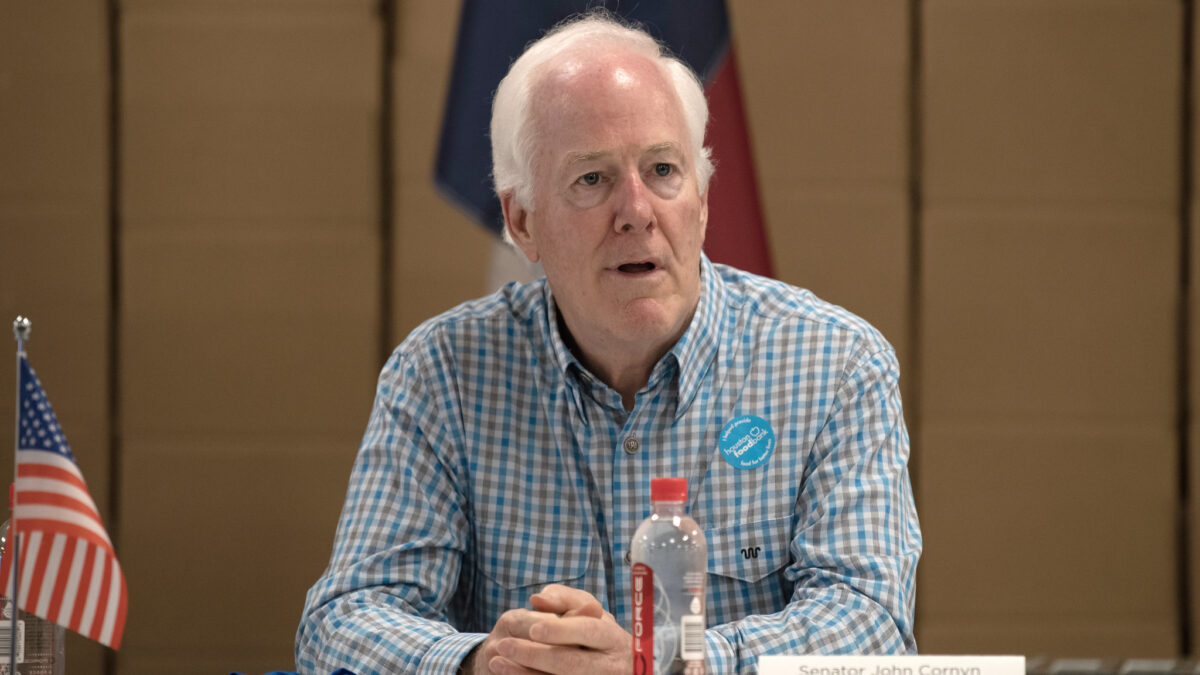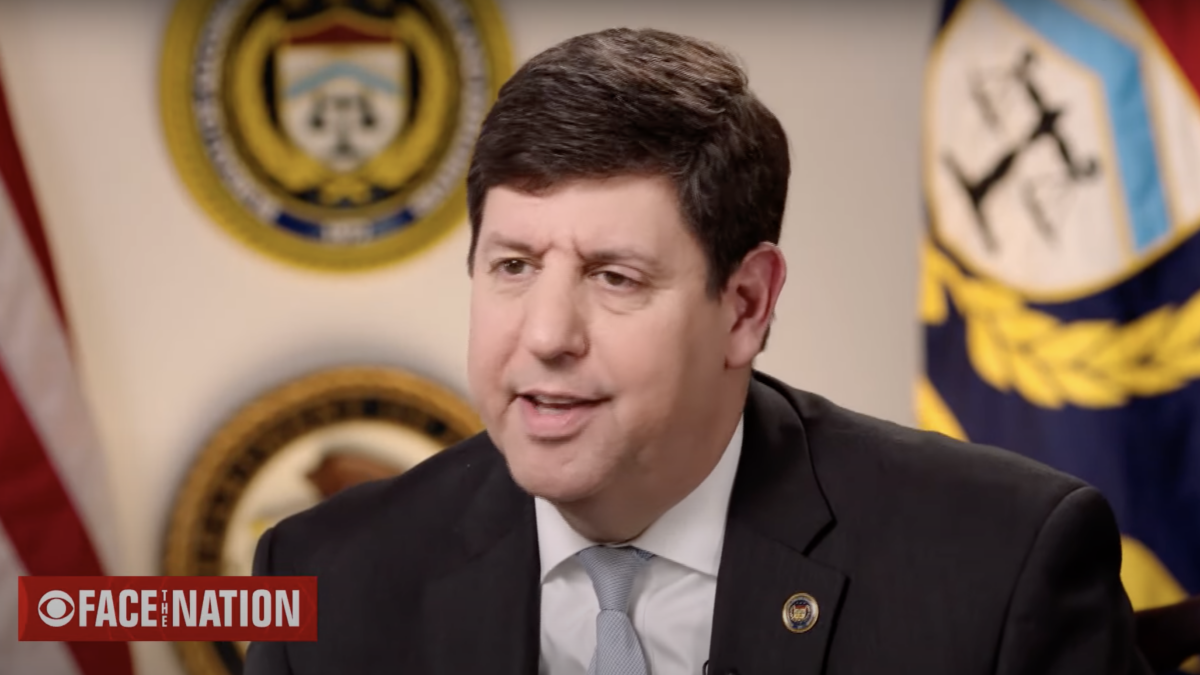
A piece in New York Magazine last weekend pressed the case for abandoning the term “gun control” in favor of the less frightening “gun reform.” Writer Benjamin Hart calls the former an “unhelpful phrase.” He says it “has long been the default for well-meaning citizens who want to curb the killings that are a fact of American life. But it’s well past time to retire it and come up with something more effective.”
Doing so is necessary, he says, because “Republicans have long understood the power of language more intuitively than Democrats … they have helped frame abortions as ‘pro-life,’ tarred Obamacare with talk of ‘death panels,’ transformed the estate tax into the ‘death tax,’ and so on. The NRA is equally adept at this trick – most famously with ‘Guns don’t kill people, people kill people.’”
Considering it was the Left that re-framed abortion as “choice” and “health insurance” as “health care,” and introduced the notion that we have to “pay for” tax cuts, this is extremely rich. But Hart does give credit where credit is due.
“It can be argued that the United States’ bedrock cultural individualism is the wellspring of the country’s history of innovation,” he concedes. “But it has also been a persistent obstacle to the kind of comfortable, regulated lifestyle that is the norm in many other developed nations.”
He deserves credit for this frankness, though it says volumes about the mindset of a readership that apparently doesn’t blink at something called a “comfortable, regulated lifestyle.” A certain sensitivity to such frank language is what is to be worked around, he suggests. “There is no need to alienate the many Americans who might be receptive to what is generally a popular cause, but who fear – rationally or not – that some of their rights will be stripped away.”
He recognizes that “guns are simply too embedded into the culture, too much a fabric of everyday life for too many people.” There have been moves to moderate the language, he says, quoting Mark Glaze, former director of Mayors Against Illegal Guns, who after the Sandy Hook school shootings in 2012 told NPR, “We talk about gun violence prevention, because that’s what it is.”
It seems fair to question that formulation, though, since the vast majority of guns in America will never come close to being used in anything resembling violence. Mayors Against Illegal Guns later joined the gun-control group Everytown for Gun Safety, which was recently criticized for pushing a very misleading count of school shootings. Glaze left the organization prior to this latest controversy.
It also seems fair to criticize efforts to make gun-control seem less alarming, as the long-term goal seems to remain the same. “Progress will be incremental, slow, and frustrating,” Hart says. This is exactly what worries gun-rights advocates, who are accustomed to hearing gun opponents say they only want “A,” only to turn around and find them passing “U” and going hard for “Z.”
After the previous round of gun control that followed the assassinations and high crime rates of the 1960s, I had to log my driver’s license with the state to buy a box of .22 shells to hunt squirrels with. You couldn’t get a carry permit without explaining in considerable detail to the superintendent of the state police why you thought you needed it. This was in the gun-friendly state of Indiana. In other jurisdictions it was practically impossible to even own an assembled, functional firearm.
It is the long game taking us back to those bad old days that is concerning, especially when anti-gun forces start talking about massaging the language to disguise the final goal while waiting for some of us to pass on.
“Millennials and the generation below them seem more amenable both to government and Western Europe-style social democracy than their elders,” writes Hart. “This tendency points to the possibility of a different kind of conversation, and perhaps more wholesale changes, in the future. But for now, reform is a good place to begin – and it can start with the way we talk.”
It seems only polite to say thanks for the warning.









